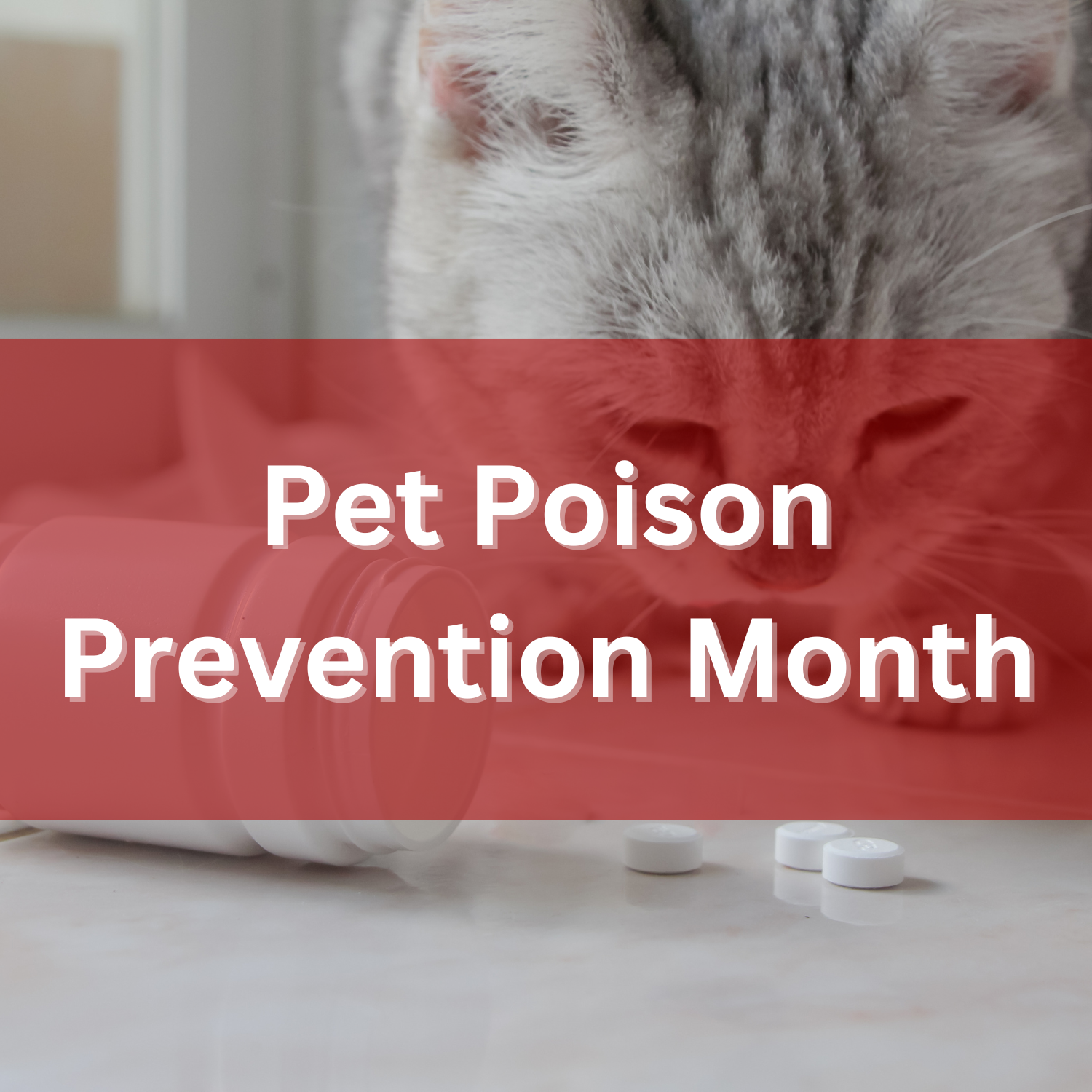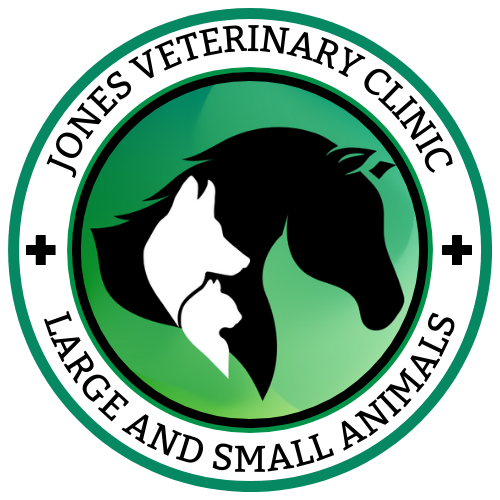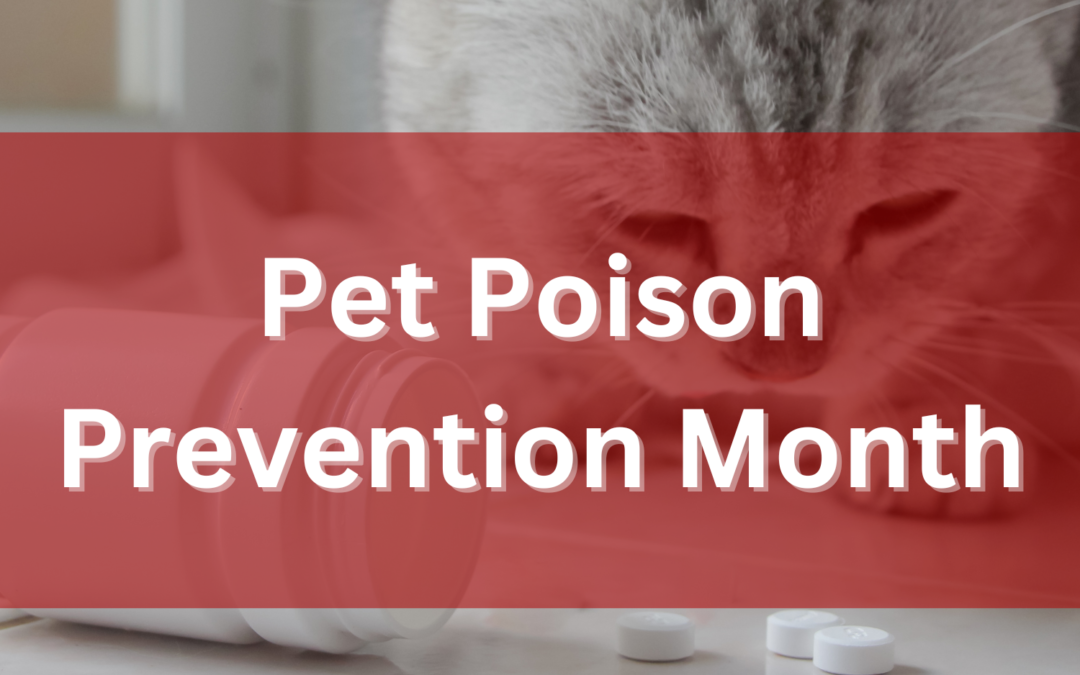Safeguarding Your Pets: National Poison Prevention Week Awareness
National Poison Prevention Week, observed from March 17th to 23rd, serves as a crucial reminder for pet owners to be vigilant about potential hazards that could harm their furry companions. As veterinarians, we recognize the importance of raising awareness about common household toxins and empowering pet owners with the knowledge to prevent accidental poisonings. In coordination with National Poison Prevention Week, let’s delve into some key tips to safeguard your pets from harmful substances.
With the arrival of spring, many pet owners engage in seasonal cleaning and gardening activities. However, it’s essential to be mindful of the products used during these tasks, as many household cleaners, pesticides, and fertilizers can be toxic to pets. Opt for pet-safe alternatives whenever possible and ensure that chemicals are stored securely out of your pet’s reach. When in doubt, reach out! Ask a professional for safety advice when utilizing different chemicals.
Identifying Household Toxins:
Take the time to familiarize yourself with common household toxins that pose risks to pets. Items such as chocolate, certain plants (like lilies and azaleas), medications, and household cleaners can be harmful if ingested by pets. Keep these substances stored safely away and be cautious when using them around your furry friends.
Pet-Proofing Your Home:
Creating a pet-friendly environment involves pet-proofing your home to minimize potential hazards. This includes securing cabinets containing cleaning supplies and medications, keeping toxic plants out of reach, and using pet gates to restrict access to dangerous areas. Remember that even seemingly harmless items like string, rubber bands, and small toys can pose choking hazards to pets.
Education and Awareness:
One of the most effective ways to prevent pet poisonings is through education and awareness. Take the time to educate yourself and your family members about potential hazards and how to respond in case of an emergency. Keep the contact information for your veterinarian and a pet poison helpline readily available, and familiarize yourself with the signs of poisoning in pets.
Prevention is Key:
Prevention is always preferable to treatment when it comes to pet poisonings. By taking proactive measures to eliminate potential hazards from your home and yard, you can greatly reduce the risk of accidental poisonings. Remember to be vigilant by educating yourself on poison prevention, and encourage others in your community to do the same.
Emergency Preparedness:
Despite our best efforts, accidents can still happen. It’s essential to be prepared to act quickly in the event of a pet poisoning. If you suspect that your pet has ingested a toxic substance, contact your veterinarian or a pet poison helpline immediately. Provide as much information as possible, including the name of the substance, the amount ingested, and any symptoms your pet may be experiencing.
As we observe National Poison Prevention Week, let’s commit to protecting our pets from potential hazards in our homes and communities. By raising awareness, educating ourselves, and taking proactive measures, we can ensure that our furry companions stay safe and healthy year-round. Together, we can make a difference in preventing pet poisonings and promoting the well-being of our beloved pets.


